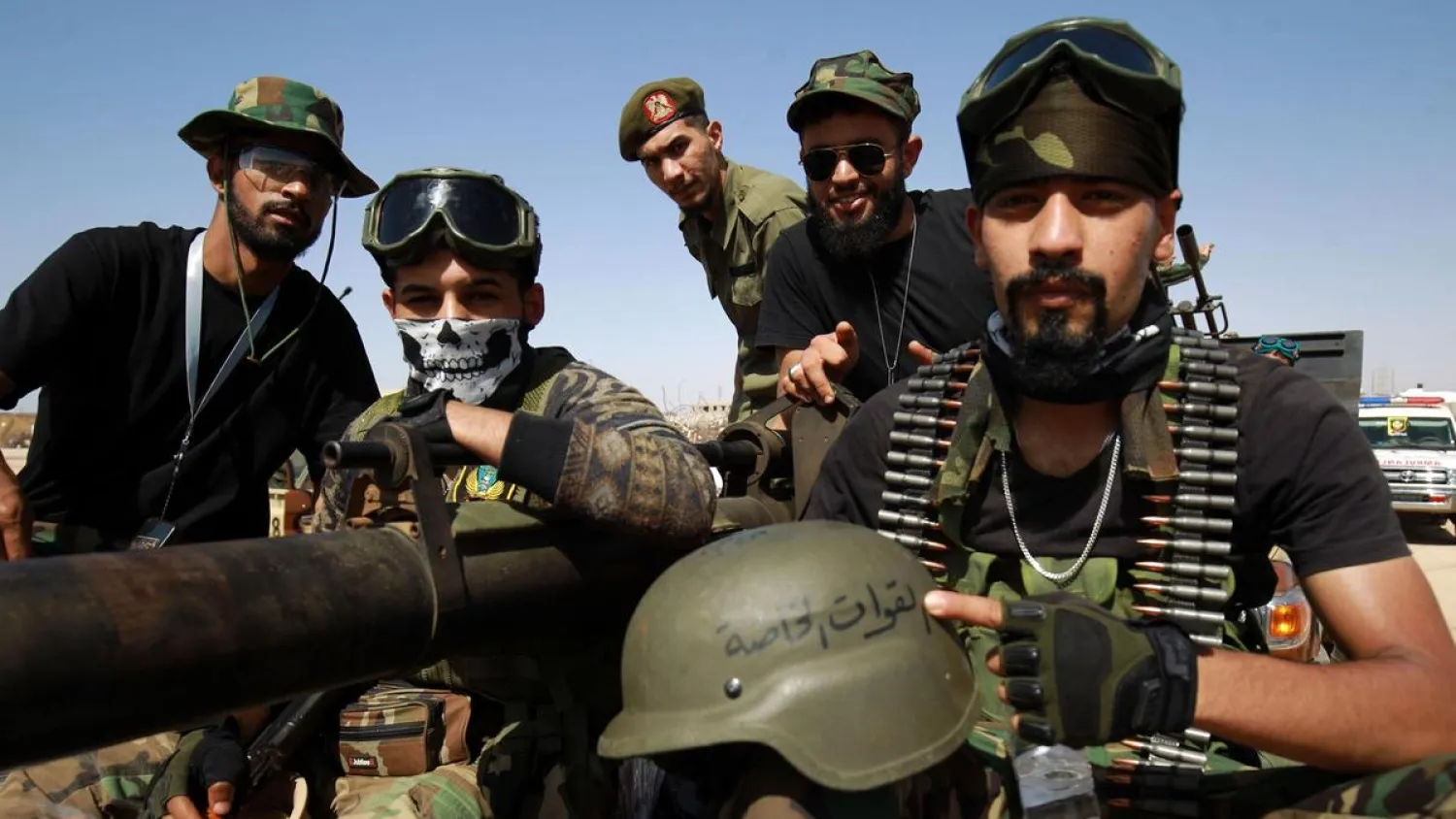The Libyan National Army (LNA) and Government of National Accord (GNA) continued to amass their forces around the strategic coastal city of Sirte, despite calls by the United Nations mission in Libya for an immediate ceasefire.
GNA military spokesman Mohammed Ganunu said the forces were determined to “liberate” Sirte and al-Jufra from so-called Russian mercenaries and local criminal gangs. He vowed that they will be pursued wherever they are in Libya.
The matter is pressing now, more than ever, he alleged in a statement on Saturday.
He claimed that Sirte has become a “hotbed” for foreign mercenaries from the Russian and Syrian Wagner group and local criminal gangs that are accused of committing war crimes and crimes against humanity after they were routed from Tripoli and Tarhuna.
Sirte has consequently become one of the most dangerous threats to Libya’s peace, he added, while saying that the “Wagner mercenaries” are now “occupying” the al-Jufra region. They have set up base there and are seeking to extend their control to the oil fields in the south.
He blamed Libyan forces that supported “rebels and coupists” for the arrival of Russian, Syrian and African mercenaries in Libya. He also accused Arab and foreign countries, which he did not identify, of supporting the mercenaries and facilitating their arrival in Libya.
They have alleged that their presence in Libya is a “red line”, Ganunu said in an indirect reference to Egyptian President Abdul Fattah al-Sisi’s recent warnings that Sirte and al-Jufra were red lines that the GNA and its militias must not cross.
Talk of a ceasefire is “unacceptable” at a time when foreign mercenaries are “occupying” Sirte and al-Jufra and oil fields, Ganunu continued.
On the other end of the divide, the LNA announced that it was dispatching more ground forces to bolster its positions in the central region. A unit from the 128th battalion and the second unit in the 166th battalion have been dispatched to the area, vowing to “carry out orders to the death in defense of the nation.”
The LNA did not disclose the purpose of the deployment, but said it was at the order of the military command. It also broadcast images of a field tour its forces carried out at the al-Sharara oil field.
Deputy head of the United Nations Support Mission in Libya, Stephanie Williams, renewed on Saturday the appeal for the need to reach an immediate permanent ceasefire in Libya to avoid more bloodshed and destruction in the country.
She made her remarks during a meeting with GNA chief Fayez al-Sarraj in Rome. She expressed her great disappointment with reports of a new wave of foreign mercenaries entering the al-Sharara and other oil fields. She warned that massive damage would be incurred on the country’s oil sector should these regions become embroiled in the conflict.









